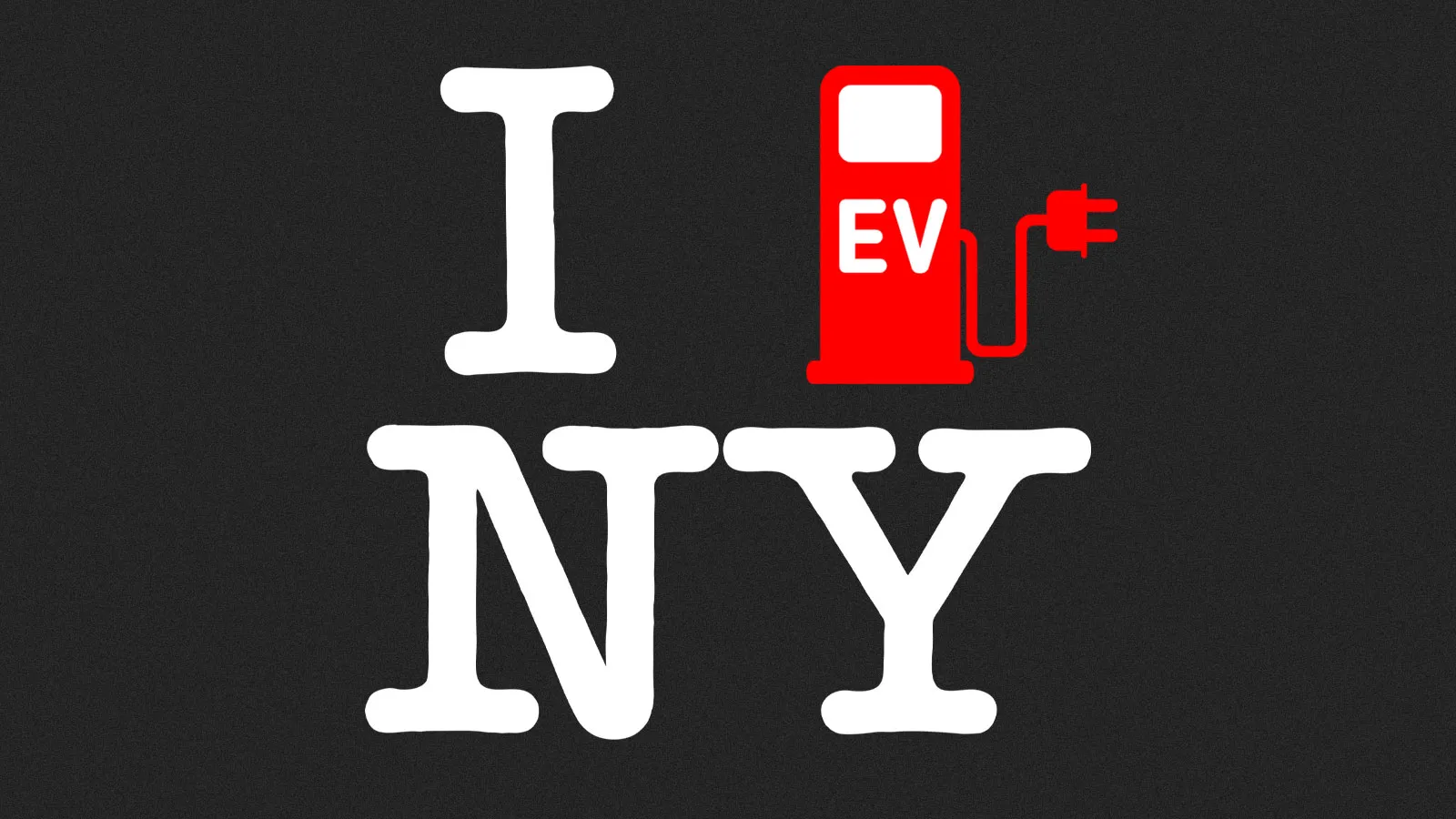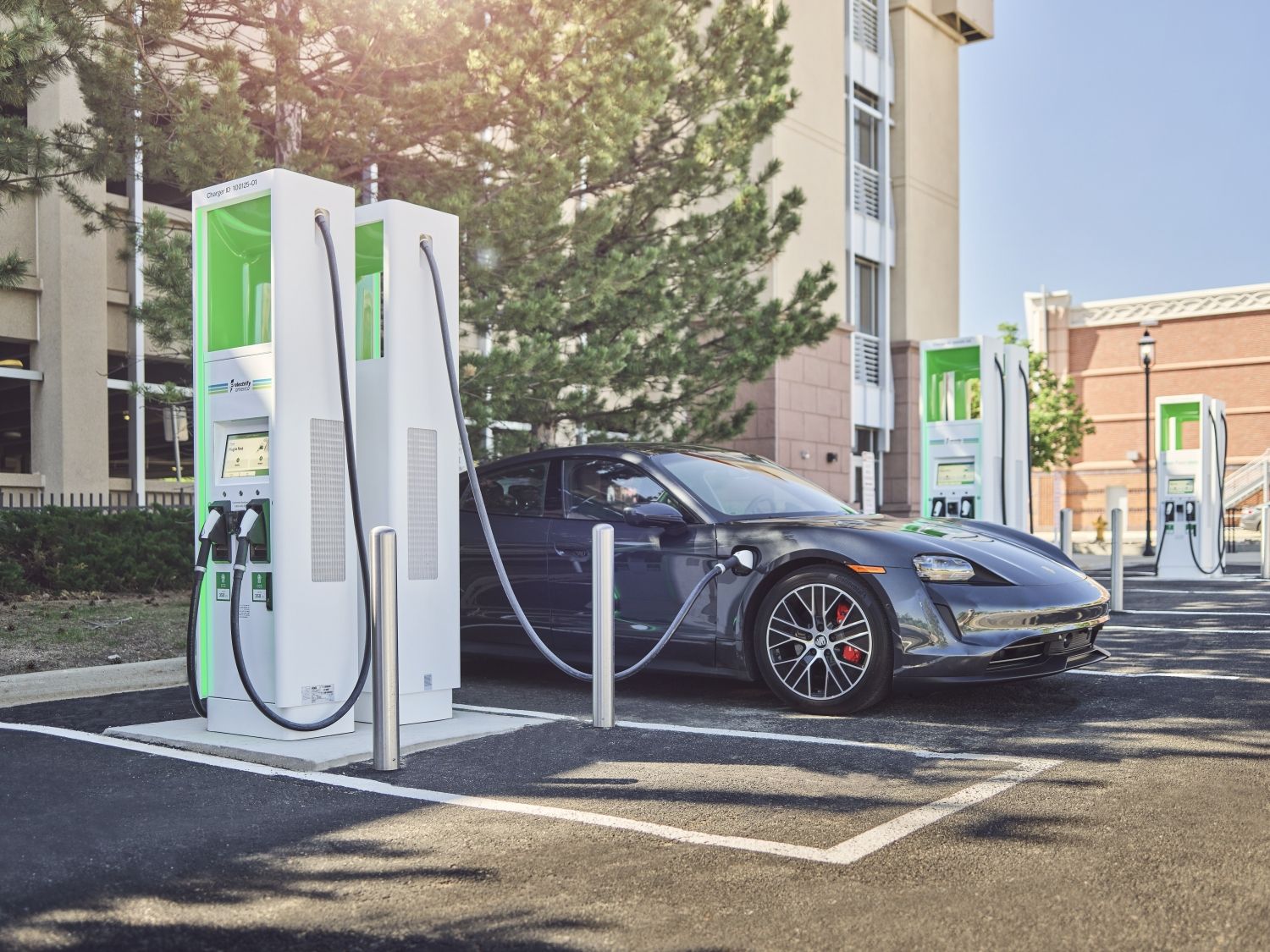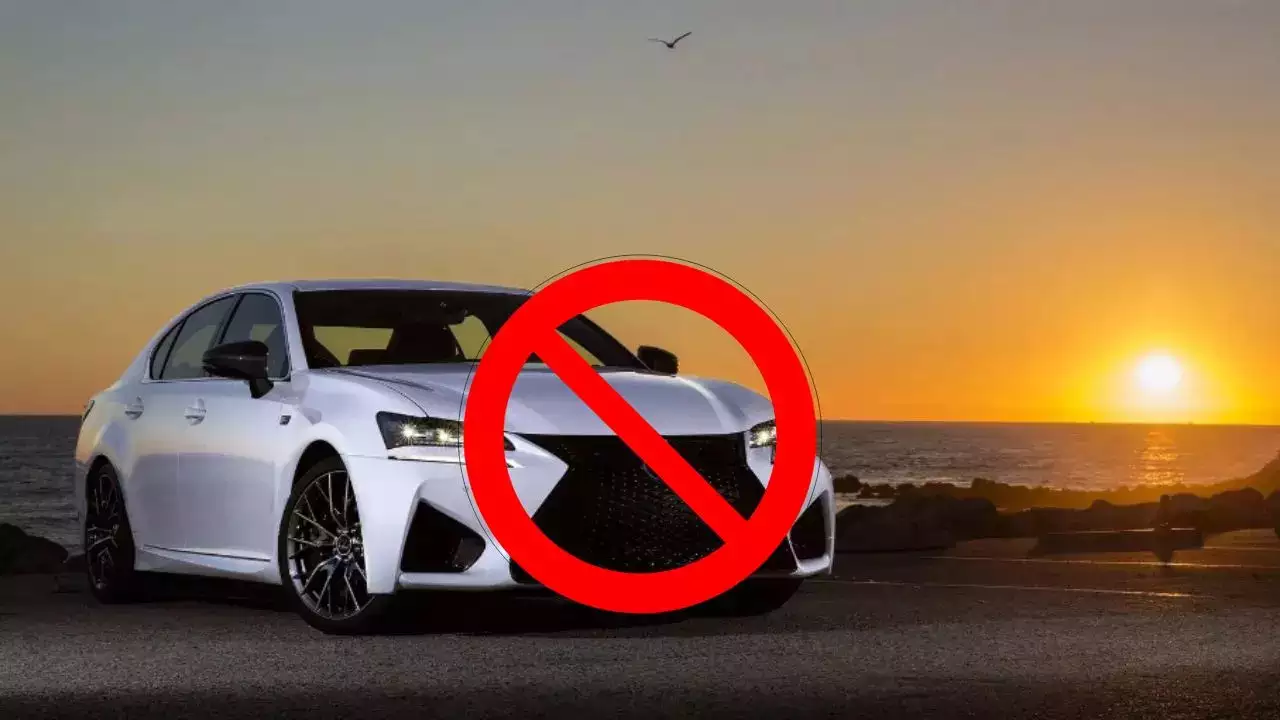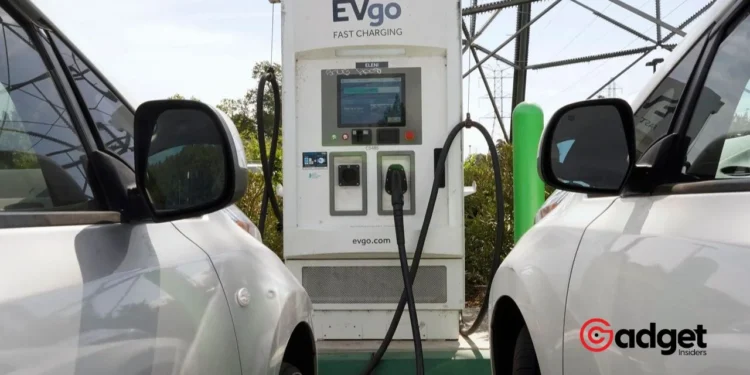As we steer into a future dominated by environmental concerns, a significant shift is happening across the United States. At least eight states have committed to phasing out the sales of new gas-powered vehicles by 2035, a pivotal move towards combating climate change and improving air quality.
This transition to zero-emission vehicles—including electric vehicles (EVs) and plug-in hybrids—marks a critical step in aligning with global sustainability goals.

United States: The Drive Toward a Cleaner Future
States in the United States likely to implement eco-friendly initiatives are Rhode Island, California, Maryland, Massachusetts, New Jersey, New York, Oregon, Washington, and the District of Columbia. Each has adopted or plans to adopt stringent regulations that prohibit the sale of new gas-powered vehicles, paving the way for a greener tomorrow.
Eight U.S. States Now Have Plans to Ban Sales of Gas-Powered Cars https://t.co/4urOWEU0hI
— Winson Tang (@winsontang) April 3, 2024
California in the United States, a long-standing leader in environmental regulation, was the first to adopt the Advanced Clean Cars II rule. This ambitious regulation sets a target for 35% of new car sales to be zero-emission vehicles by 2026, escalating to 68% by 2030.
“It’s a major step in the state’s acceleration to improve air quality and combat the effects of climate change,” said Maryland Governor Wes Moore, highlighting the regional commitment to these initiatives.

In contrast, some states remain hesitant. Vermont and New Mexico are exploring similar regulations, but have not yet committed to a complete ban by 2035. Meanwhile, Virginia’s current emissions standards are tied to California’s, though recent legislative activities suggest a potential shift in policy shortly.
Legislative and Public Response
Interestingly, the adoption of these rules has largely bypassed legislative processes, gaining momentum through gubernatorial support and the efforts of environmental regulators. This direct approach has enabled quicker implementation and adjustment to these ambitious environmental policies.

However, not all responses have been positive. In Connecticut, Governor Ned Lamont withdrew his support following legislative pushback, though the issue is expected to resurface. This exemplifies the complex balance between environmental advocacy and legislative agreement.
United States: The Impact on Automakers and the Market
These state-level bans are already influencing automaker strategies significantly. Major car manufacturers like General Motors have announced plans to fully transition to electric vehicle production by 2035.
The market in the United States is responding accordingly; in 2023, electric vehicles accounted for 7.6% of new vehicle sales, a considerable rise from 3.2% in 2021, as reported by Kelley Blue Book.
This rapid shift underscores the automotive industry’s acknowledgment of the inevitable: the future is electric. With the European Union also approving a full ban on new gas-powered cars by 2035, it’s clear that the global car market is on the brink of a profound transformation.
Looking Ahead
As we move closer to the 2035 deadline, the automotive industry of the United States faces a monumental shift. The transition to electric vehicles isn’t just about adhering to new laws—it’s about redefining what mobility means in the 21st century and beyond. Automakers are not merely responding to legislation; they are gearing up for a revolution.
This initiative is not just about reducing emissions; it’s about setting a global standard for sustainability and innovation in transportation. As states continue to lead the way, the ripple effects will undoubtedly reshape industries, consumer behavior, and even the global economy.
The drive towards zero emissions is not just a policy shift—it is a gateway to a more sustainable and environmentally conscious world.









